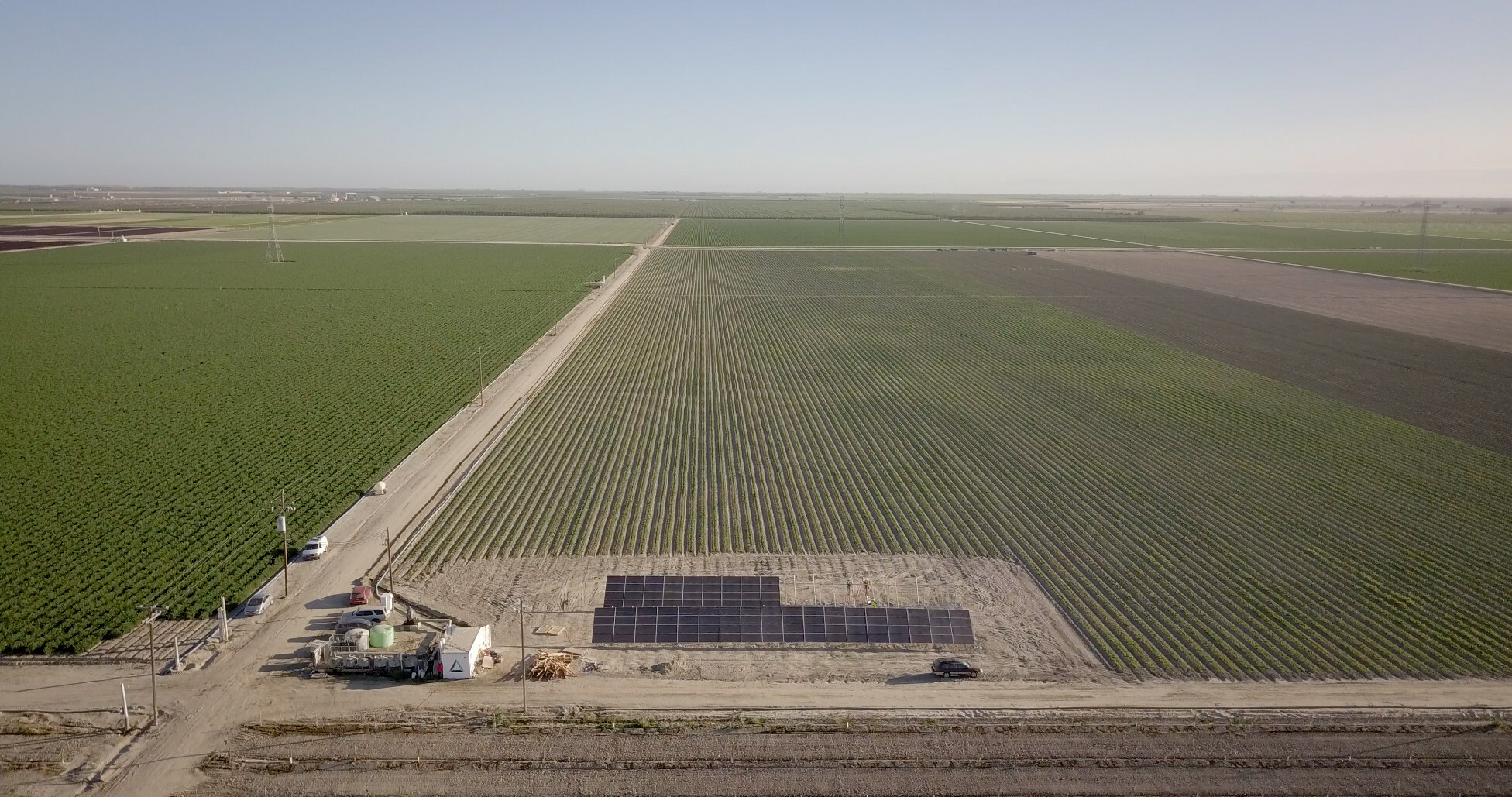Chipotle Mexican Grill has announced minority investments in Greenfield Robotics and Nitricity, two companies focused on sustainable farming and reducing greenhouse gas emissions. The investments are part of Chipotle’s $50 million Cultivate Next venture fund, which supports early-stage companies that align with Chipotle’s mission to cultivate a better world.
Greenfield Robotics is a company that uses AI, robotics, and sensing technologies to make regenerative farming more efficient and sustainable. Their fleets of autonomous robots are lightweight and cut weeds between rows of crops, reducing dependence on herbicides and supporting regenerative farming practices. The investment from Chipotle will help Greenfield Robotics expand its fleet and develop additional capabilities for its robots, such as micro-spraying, cover crop planting, and soil testing.
Nitricity, on the other hand, is a company that uses air, water, and renewable energy from artificial lightning to produce a cleaner, more sustainable, and cost-efficient fertilizer. The company’s process reduces greenhouse gas emissions by 5 to 10 times compared to the traditional method of producing, distributing, and using nitrogen fertilizer. The investment from Chipotle will be used to scale up Nitricity’s production of nitrogen, build out the company’s infrastructure, and support the launch of its first commercial product within the next two years.

Greenfield Robotics and Nitricity are both pioneering innovative solutions to some of the biggest challenges facing the agricultural industry. Greenfield Robotics’ alternative to herbicides plays a crucial role in ensuring a more sustainable future for the agricultural industry, while Nitricity’s cleaner, more sustainable fertilizer has the potential to reduce the carbon footprint of the fertilizer industry.
With over 3,300 restaurants in the United States, Canada, the United Kingdom, France, and Germany, Chipotle is widely viewed as a leading technology innovator in the food industry. In October, for example, Chipotle announced that it is testing an automated digital makeline in collaboration with Hyphen, a foodservice platform that automates kitchen operations. The automated system is designed to create bowls and salads, while a Chipotle team member can use the top makeline to prepare burritos, tacos, quesadillas, and kid’s meals for the same digital order.
The introduction of the automated digital makeline has the potential to free up more time for Chipotle team members to focus on servicing the front makeline. Approximately 65% of all Chipotle digital orders are bowls or salads, so this automation could increase capacity for digital orders during peak periods and enhance order accuracy, improving the guest experience. Chipotle’s investment in Hyphen is also part of its CULTIVATE NEXT venture fund.
Earlier this year, Chipotle unveiled Autocado, an avocado processing cobotic prototype. Developed in collaboration with restaurant technology solution provider Vebu, Autocado is a collaborative robot that performs the tasks of cutting, coring, and peeling avocados, which are then hand mashed to create Chipotle’s renowned guacamole. Currently undergoing testing at the Chipotle Cultivate Center in Irvine, California, Autocado has the potential to fully automate the guacamole preparation process, enhancing efficiency and reducing labor time.
The Autocado prototype aims to streamline the avocado preparation process and significantly reduce guacamole prep time, potentially by 50 percent. By automating the cutting, coring, and peeling of avocados, Chipotle employees will have more time to focus on serving guests and providing exceptional hospitality. The automated digital makeline and Autocado join Chipotle’s other technology-driven initiatives, including Chippy, an autonomous kitchen assistant for making tortilla chips, and the implementation of a kitchen management system that utilizes machine learning to optimize ingredient freshness and minimize food waste. The system analyzes real data as well as food operations simulation data to create algorithms designed to optimize performance and “accelerate deployment of intelligent devices.”

